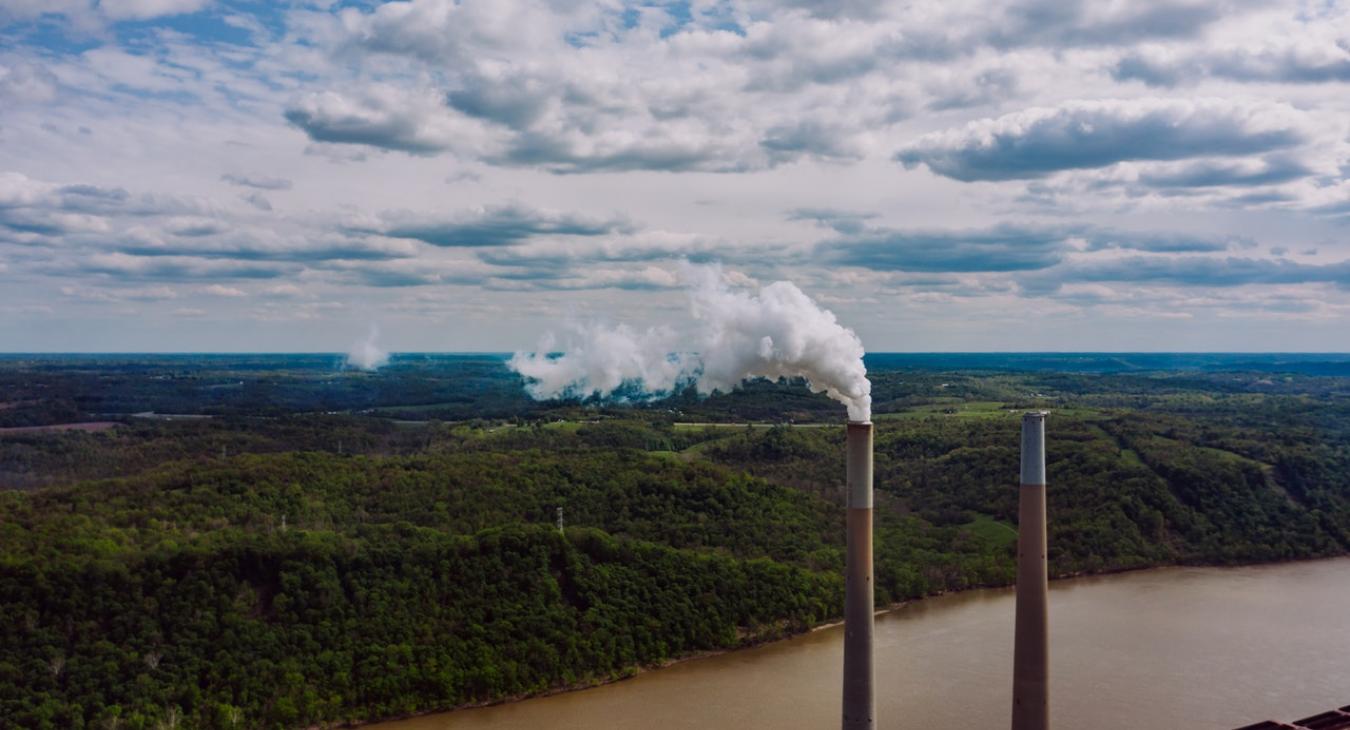
This year has been characterised by extremes in our weather and a changing climate across much of Europe, North America, Asia and the Middle East. The European Union’s climate observatory confirmed that July was the hottest month ever recorded on Earth, while in Ireland, June was the hottest reported since records began. This was followed by the wettest Irish July on record with heavy rainfall and flash flooding.
These extreme weather events, at home and around the world, serve to demonstrate the absolute urgency around the need as a country to decarbonise our society and to develop our “green economy”, enabling massive reductions in our greenhouse gas (GHG) emissions.
As we transition to a green economy, that is one that is no longer dependent on fossil fuels, we risk the prospect of affecting low-income and marginalised communities most severely as they struggle to cope with or afford the changes necessary to adjust our new climate. It is vital, therefore, that as we work to transition our society and economy we support the most vulnerable to achieve this transformation, ensuring the transition is fair and just. You may ask: What is a “just transition” and how can it be achieved? Simply put, it means that as society reduces emissions and responds to our changing climate, the pathway is fair and creates a better future for everyone, regardless of where they live, what they do and who they are.
In practice this means that any changes should be as fair and as inclusive as possible, with the creation of employment opportunities for those most affected paramount to this. If rolled out in a fair way this will prevent existing inequalities from widening and avoid creating new inequalities.
A just transition should reduce affordability issues as a barrier for households to tackle climate change and allow them to live in a more climate-friendly way. Moving away from fossil fuels will lead to transformative change across our society. For example, to help local Irish businesses in adjusting to a low-carbon transition, a number of projects have been supported through just-transition funds.Supported projects include new enterprise hubs, growing local business development, research studies, tourism and heritage projects, and opportunities for reskilling. In the case of agriculture, discussion and engagement is ongoing with representative groups in the sector, through NESC, to establish the most effective methods to support a just transition for farmers.
Alternative income-stream ideas require support. They are also more likely to attract younger farmers. For this reason, it is important that investment in infrastructure in rural areas is increased sufficiently to support the diversification of rural economies and help to look after rural communities. We also need investment in sustainable agriculture, as well as rural anti-poverty and social inclusion programmes, in order to protect vulnerable farm households.
Upskilling or reskilling of the current and future workforce will be critical. Developing new skills will support the protection of people’s livelihoods and employment opportunities. Ensuring supply of labour to support this process will be a challenge that will call for an increase in training programmes and opportunities. We will need to make sure we have enough skilled workers to transition from existing fossil-fuel-based systems and technologies to low- or zero-emission alternatives. This means having enough trained engineers and technicians to set up and maintain solar panels and heat pumps, as well as insulating homes.
The transition will mean a change in what we consume and how we do this. However, affordability often gets in the way for consumers on a tight budget, as in many cases goods that are better for our environment have a greater price tag.
Policy measures, therefore, must be designed to benefit low- and middle-income households. Such households simply can’t afford to retrofit their home and await reimbursement down the road. This is also true for electric vehicle and solar electricity grants. Consumers need to be supported so that everyone in society can play their part in the transition, regardless of their level of income. The establishment of a just transition commission will play a key role in ensuring all people can access grants and schemes so that the transition is fair and equitable.
Our neighbours in Scotland have established such a commission. The Scottish government has committed to lead the production of key plans, in a way that is designed and delivered in partnership with communities, businesses, unions and workers, and all society. The Just Transition Commission supports the production and monitoring of such plans, providing expert advice on their development.
Patricia King is a member of the Climate Change Advisory Council and a former General Secretary of the Irish Congress of Trade Unions
